Sabrina Carpenter is short, sweet and undeniably sexual.
The Grammy-nominated, 25-year-old Disney-turned-mega star channels her desires into nearly every song on her latest album, “Short n’ Sweet.” On “Juno,” a cheeky track about wanting to become pregnant because of how much she adores her partner, she croons: “Wanna try out some freaky positions?”
And despite chart-toppers “Espresso” and “Please Please Please” also revolving around her relationships, “Juno” has stirred the pot. Each night on her arena tour, Carpenter flaunts a sequined mini skirt and pantomimes a new sex position while singing the line, “Have you ever tried this one?” In November, she mimicked oral sex with her microphone in front of over 17,000 fans, and the backlash was swift.
“Sabrina is one step away from starting an OnlyFans at this point,” one observer tweeted.
Fans came to her defense, with one tweet accumulating over 460,000 likes: “To be honest, I think Sabrina Carpenter expresses heterosexual sexuality in a way that is woman focused. When I watch it, I feel like she’s trying to entertain the girlies.” But still, others said her performance “has to be male-focused.”
Fans came to her defense, with one tweet accumulating over 460,000 likes: “To be honest, I think Sabrina Carpenter expresses heterosexual sexuality in a way that is woman focused. When I watch it, I feel like she’s trying to entertain the girlies.” But still, others said her performance “has to be male-focused.”
This debate is actually focusing on a “false dichotomy,” argues Leora Tanenbaum, author of the forthcoming book “Sexy Selfie Nation: Standing Up For Yourself in Today’s Toxic, Sexist Culture.”
“(People) ask if she’s trying to appeal to the ‘male gaze’ — appearing hot to cater to hetero men’s sexual desires — or to the ‘female gaze’ — looking sexy on her own terms to make a point about women’s confidence and sex-positivity,” she says.
The question instead may be: Is the heated response to Carpenter’s display of sexuality indicative of a cultural shift in how we think about sex, dating and hookup culture?
There’s been a rise in popularity of trad wife influencers, who promote “traditional” values and gender roles, a push from male podcasters for conservatism and an influx of female Trump voters. Carpenter’s backlash comes amid other recent viral posts claiming that “hook up culture doesn’t benefit women.” Relationship therapists and gender studies experts say it may all be connected to our evolving views of sex in today’s landscape.
Dating fears are important, but get misdirected
Concerns over hookup culture have merit. Over 1 in 3 women and 1 in 4 men have experienced rape, physical violence and/or stalking by an intimate partner in their lifetime, according to the National Domestic Violence Hotline. In 2023, current and former intimate partners accounted for 60 percent of all intimate partner and family-related femicide cases, in which a woman is killed with a gender-related motivation.
But the blame often gets misplaced. Rather than pointing to the individuals who perpetrate violence or oversexualize women, the internet judges women like Carpenter for embracing their own sexuality.
“Only men and boys have permission to exercise sexual agency. And when a girl or woman does the same, she’s judged, ridiculed and regarded as being in violation of feminine norms,” Tanenbaum previously explained.
We’ve seen this projection countless times with survivors of sexual assault who are often asked “what were you wearing?” or told they “were asking for it” based on how they dressed. The blame is wrongfully shifted onto the victim, rather than dismantling our culture of sexual violence.
Women still want to have sex, but what they are looking for is changing
Over the summer, going boysober — that is, abstaining from any romantic or sexual relationships with men, including dating and casual hookups — was all the rage amid growing discontent with dating apps and the dating pool. And since the election, the 4B movement, which also involves abstaining from sex with men, has taken off.
On social media platforms, a rise in disdain for no-strings-attached hookups has been prevalent. With 248,000 likes, one tweet reads: “There is no such thing as casual sex, nothing about sex is casual …” When another user disagreed in the replies, the original poster replied with one-word: “slut.”
Calling a woman a “slut” underscores the stereotype “that women should be pure,” Meredith Ralston, author of “Slut-Shaming, Whorephobia, and the Unfinished Sexual Revolution,” previously told USA TODAY. “The language is really meant to silence women and keep them in their place.”
And, attitudes around sex and dating aren’t siloed in online spaces. Trauma and relationship therapist Jordan Pickell says many of her clients have been reevaluating their sex and dating lives amid the rise in purity culture.
“Since the election, there’s been an undercurrent of unease, like the stakes feel higher and the vibes are dark,” she says.
But many women are still seeking connections. Even among those embracing casual sex, Pickell says her clients have prioritized finding a partner they can trust not only with their emotional and physical safety, but their “ideological safety” too.
“Even for ‘just a hookup,’ it’s not just about attraction,” Pickell says. “It’s also about whether someone is trustworthy, even in the short term.”
More:Could trad wives, influencers have sparked the red wave among female voters?
Sabrina Carpenter reminds us that it’s OK for women to be sexual
In trying to dismantle the male gaze without distinguishing women’s sexual agency, there is an erasure of women like Carpenter, who gets reduced to an attention-seeking gimmick (and those comments quickly turn into misogynistic remarks about her looks).
Sabrina Carpenter reminds us that it’s OK for women to be sexual
In trying to dismantle the male gaze without distinguishing women’s sexual agency, there is an erasure of women like Carpenter, who gets reduced to an attention-seeking gimmick (and those comments quickly turn into misogynistic remarks about her looks).
“Those real moments where I’m just a 25-year-old girl who’s super horny are as real as when I’m going through a heartbreak and I’m miserable and I don’t feel like a person,” she said to Rolling Stone in June.
Carpenter has grown alongside her fans, and many of them are now in their 20s.
“Carpenter’s lyrics are sexually explicit and may not be appropriate for the Disney audience of children she used to cater to, but her sexual frankness is shocking in this day and age only if you believe that women who are open about sexuality are sluts,” Tanenbaum says.
As abortion rights have become more restrictive in some states, Carpenter’s popularity makes sense at this point in time, Tannenbaum says.
“She is confident and unapologetic about her sexuality in the face of rampant misogyny. She represents the freedom that is being yanked away from many of us.”

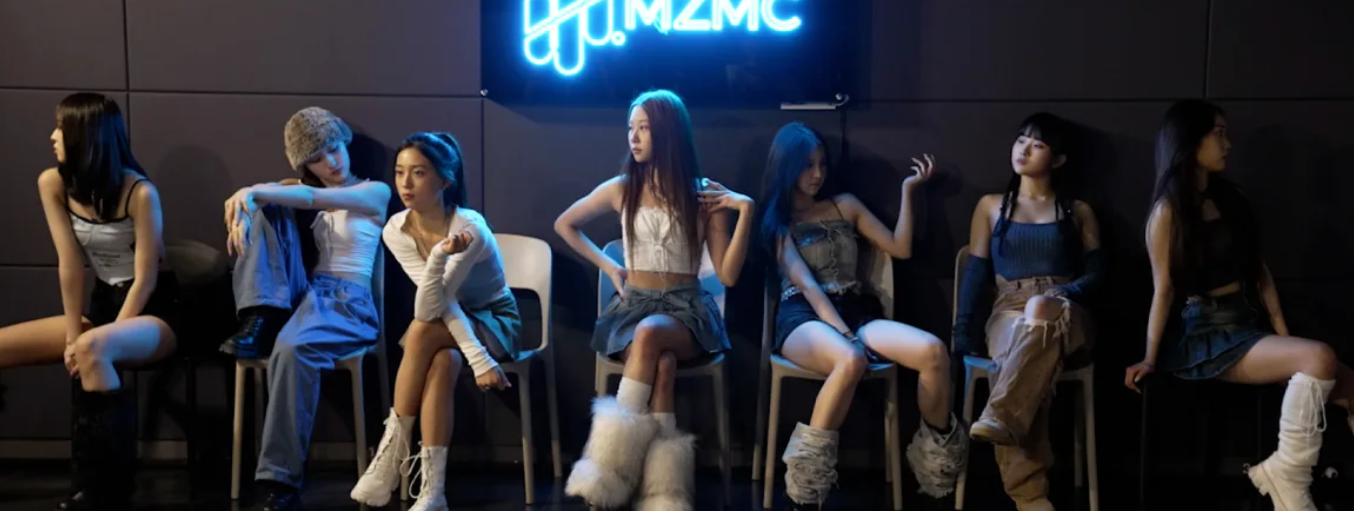




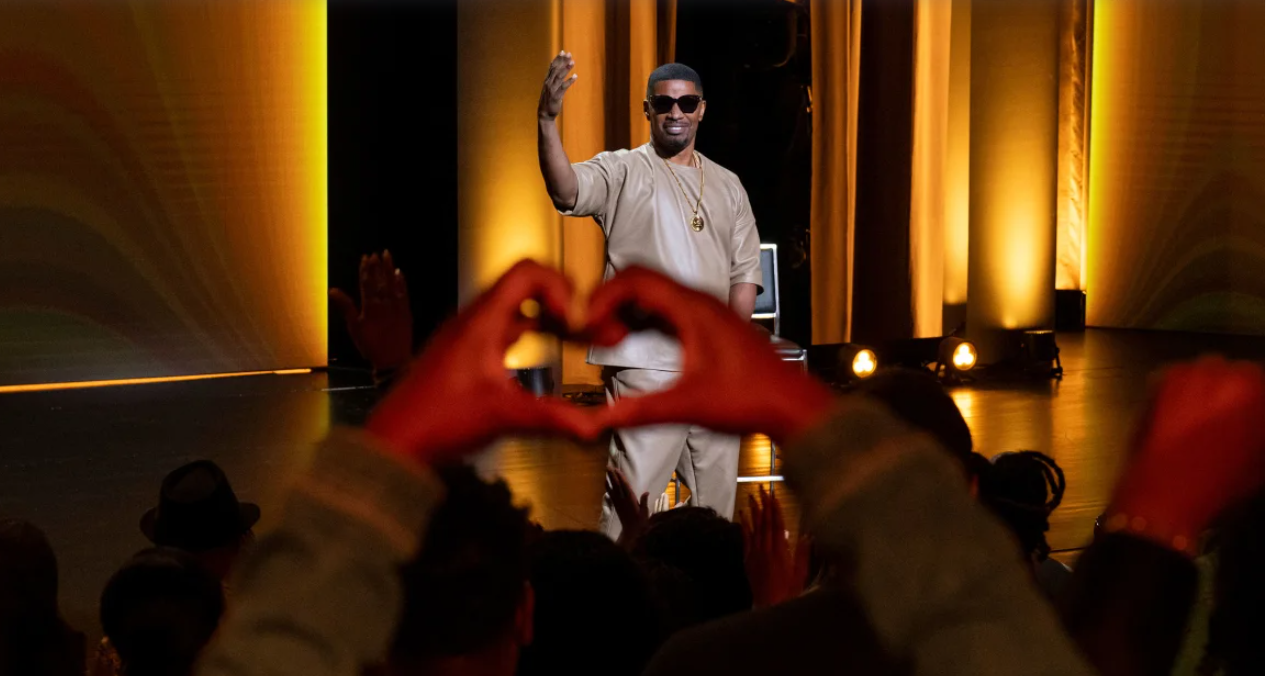

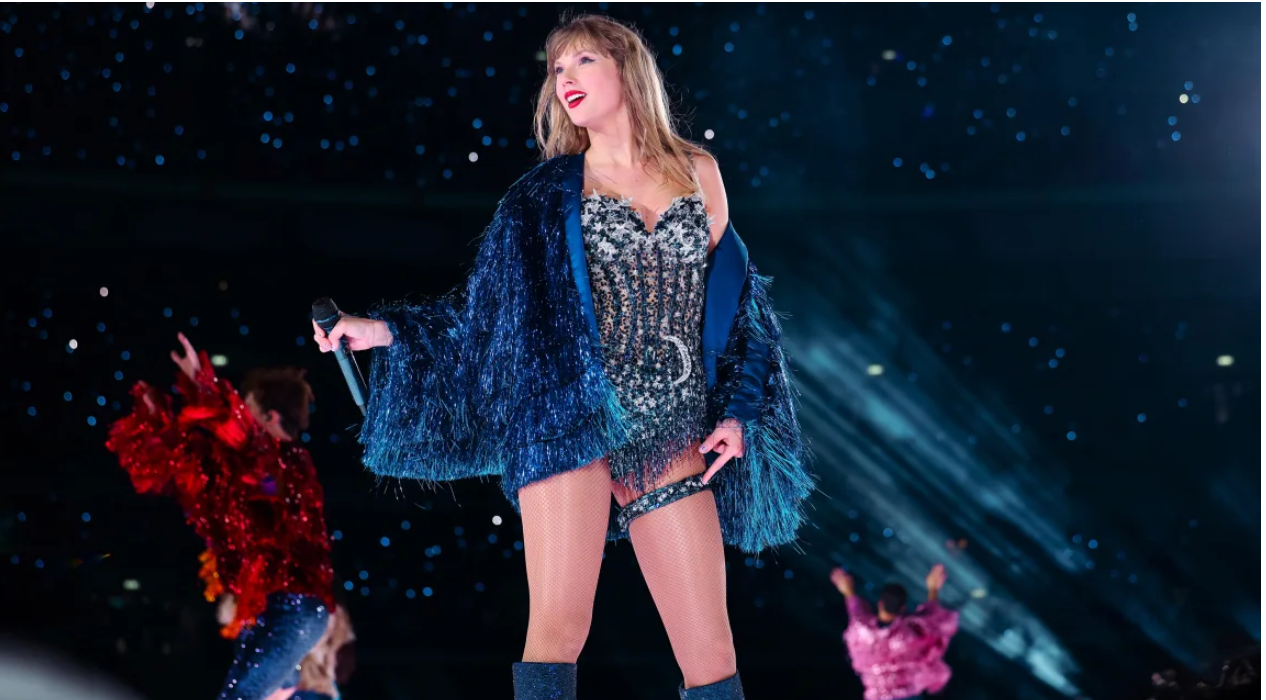
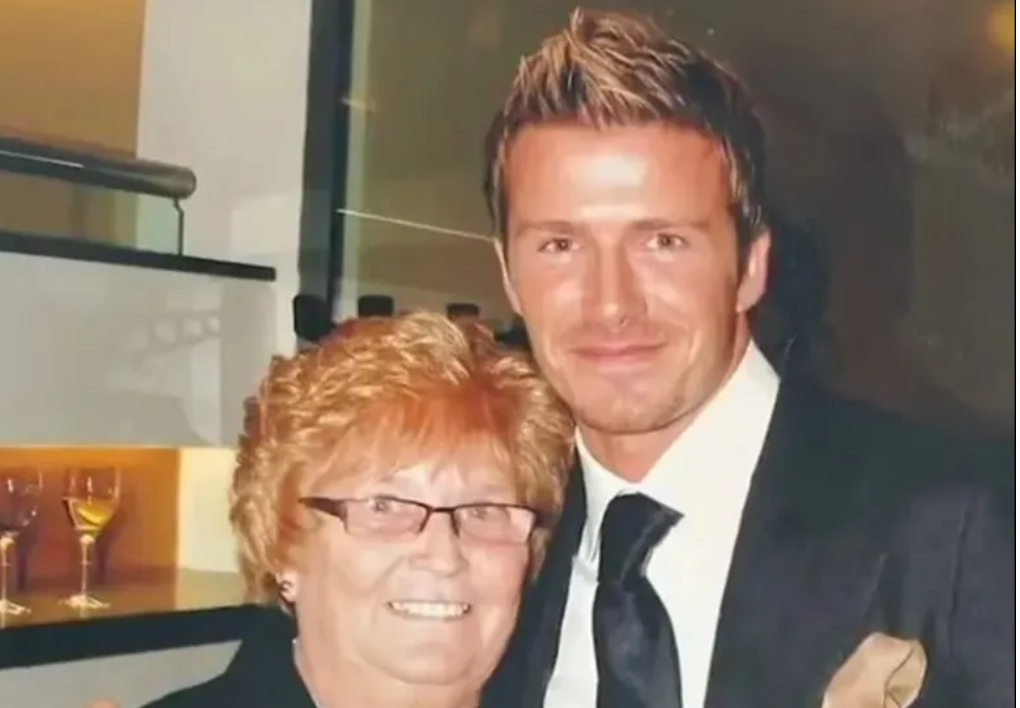
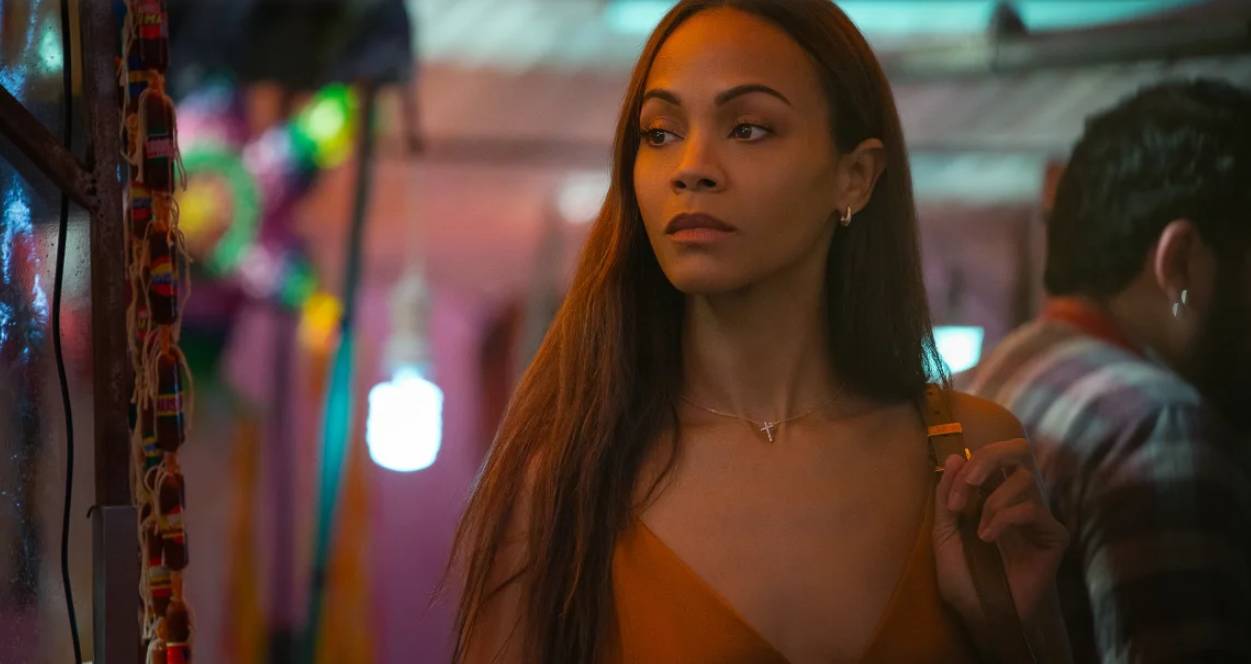
Leave a Reply